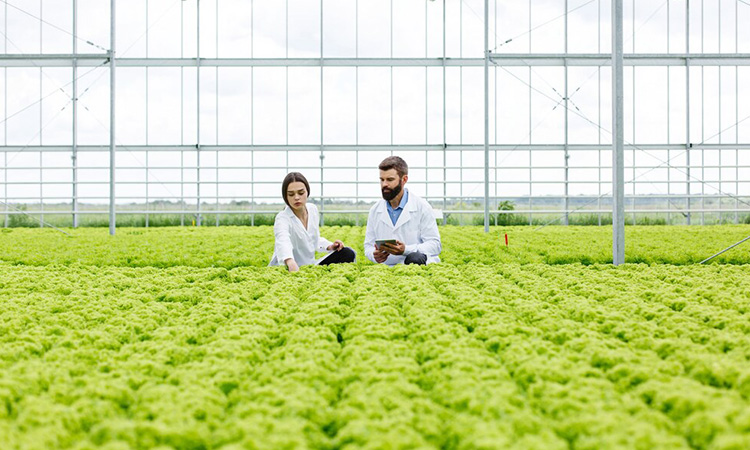In a world where the population is steadily rising, and the demand for food is ever-increasing, sustainable farming practices have become more crucial than ever. These practices aim to meet current food needs without compromising the ability of future generations to meet their own. This article explores the essence of sustainable farming and its key practices, emphasizing their importance in preserving our planet and its resources.
What is Sustainable Farming?
Sustainable farming refers to agricultural methods that maintain and improve the natural environment, support economic viability, and enhance the quality of life for farmers and society as a whole. It involves a range of practices designed to minimize environmental impact, promote animal welfare, and ensure long-term agricultural productivity.
Key Sustainable Farming Practices
1.Crop Rotation and Diversity
Rotating crops and cultivating a variety of plants enhances soil health, reduces pest and disease problems, and increases biodiversity. Diverse crop rotations improve nutrient cycling and can break the cycles of pests and diseases.
2.Conservation Tillage
Conservation tillage reduces soil erosion and water loss, while improving soil organic matter. Techniques like no-till or reduced-till farming leave the soil undisturbed, preserving its structure and protecting it from erosion.
3.Organic Farming
Organic farming avoids or minimizes the use of synthetic fertilizers and pesticides, relying instead on natural alternatives like compost, biological pest control, and crop rotation. It promotes a healthier environment by reducing chemical run-off and enhancing soil fertility.
4.Integrated Pest Management (IPM)
IPM involves managing pests using a variety of methods that are environmentally sensitive. It includes biological control, habitat manipulation, and resistant varieties, focusing on long-term prevention of pests or their damage.
5.Agroforestry
Agroforestry combines agriculture and forestry to create more diverse, productive, and sustainable land-use systems. It includes practices like planting trees alongside crops, which can provide shade, act as windbreaks, and enhance biodiversity.
6.Efficient Water Use
Implementing efficient irrigation practices such as drip irrigation conserves water, reduces runoff, and minimizes the need for water treatment due to less contamination.
7.Livestock Integration
Integrating livestock into farming systems can help recycle nutrients, manage weeds and pests, and improve soil fertility through manure.
The Importance of Sustainable Farming
Sustainable farming practices play a vital role in addressing many environmental challenges, including soil degradation, water scarcity, and biodiversity loss. They also contribute to mitigating climate change by reducing greenhouse gas emissions and increasing carbon sequestration in soils.
Sustainable farming is not just a set of practices; it’s a philosophy that respects the symbiotic relationship between the land, plants, animals, and people. By adopting sustainable farming practices, farmers can produce food more efficiently and responsibly, ensuring a healthier planet and a secure food future for generations to come.
Next On Your Reading List:


